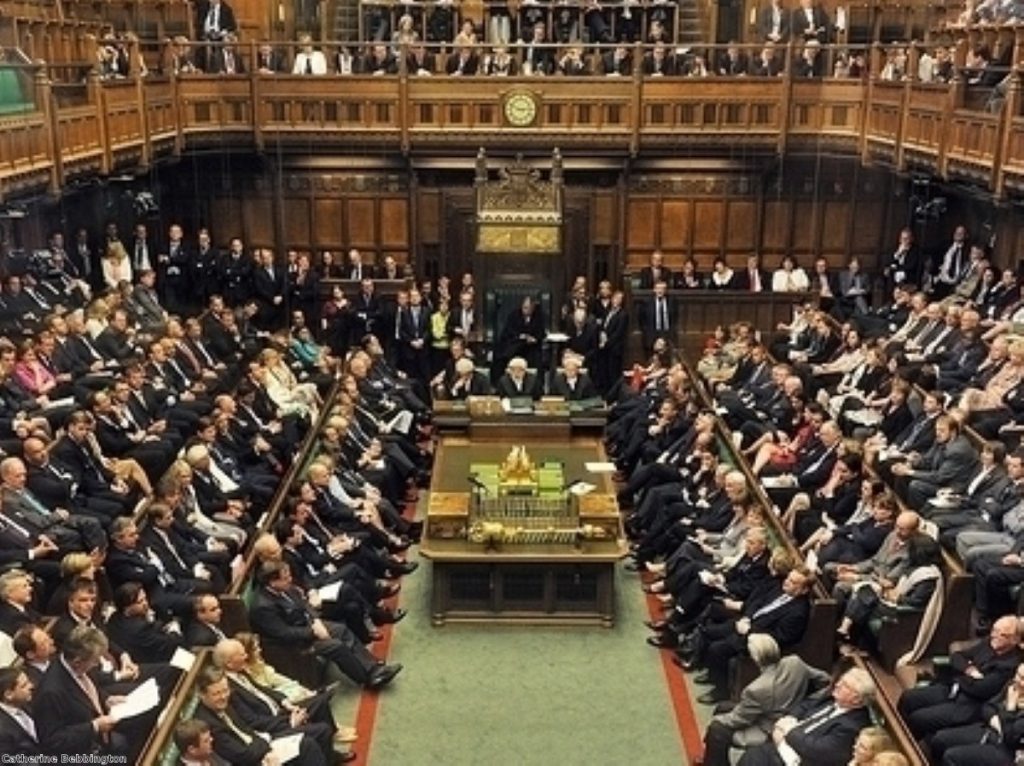MPs living ‘parallel lives’
MPs are as separated from the electorate as the communities in Oldham were before the 2001 race riots, a community cohesion expert has claimed.
Ted Cantle, who was tasked with reporting on the Oldham race riots for the government, argued in a comment piece for politics.co.uk that MPs who regarded constituents as an “unfortunate hurdle” to power were missing the point.
Comment: What expenses and race riots have in common


“I used the idea of ‘parallel lives’ in the Cantle report to government in 2001 on the race riots in the north of England to illustrate how different communities from the same area had entirely separate social and cultural lives,” he wrote.
“I do not think it is stretching a point too far to apply this to the ‘Westminster bubble’ and to the parliamentarians who spend most of their days closeted with their own kind, surrounded by advisors, media commentators and lobbyists.”
The Institute of Community Cohesion executive director claimed the biggest lesson from his field of study was that “the isolation and insularity of any community or group is dangerous”.
MPs fitted this description because of their “contempt of the public” which had caused a “complete loss of a connection” with voters, Prof Cantle claimed.
He called for strict limits on lengths of tenure, a reform of the House of Lords into “a form of a people’s electoral college” and the introduction of a right for any employee to have time off for public service.
“The reputation of our parliamentarians is at an all-time low,” Prof Cantle concluded.
“This sense of ‘otherness’ is dangerous in any political system and needs to be addressed with urgent and radical change.”

